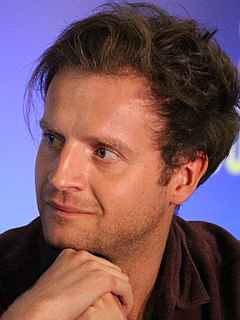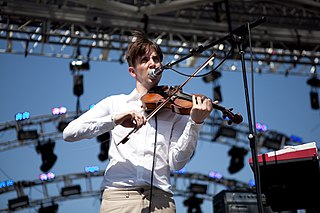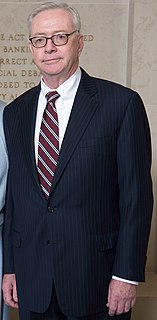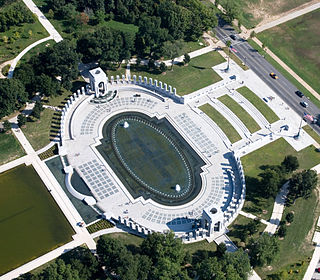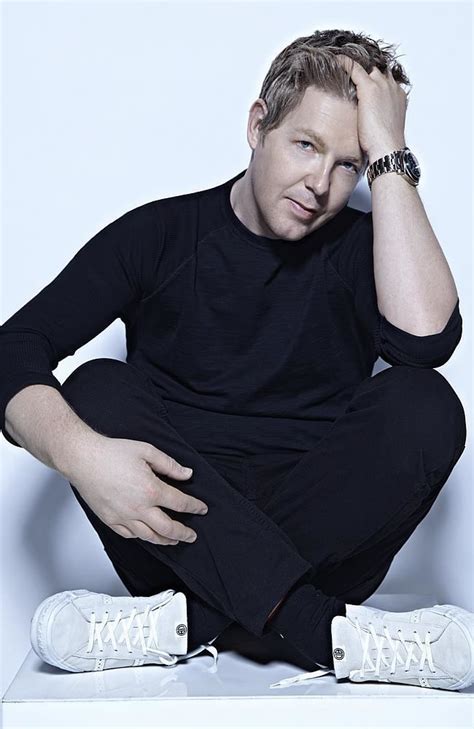A Quote by Andrew Gower
Orwell had a very accurate foresight of today's dystopian world we live in. If only he was around to see it.
Related Quotes
Who are these evil ones? In 1984, the evil one was called Goldstein. Orwell was writing a grim parody. But these people running the United States mean what they say. If I were a teacher, I would recommend that all my students very hurriedly read most of Orwell's books, especially 1984 and Animal Farm, because then they'd begin to understand the world we live in.
I think it is fair to say that during World War II there was a high sense of purpose. The country had a very clear vision of its own standing, of its own morality. It was not an ambiguous time. Today, we live in a world that is highly ambiguous, very fractured, with many of the historical, traditional values in a state of collapse, really.
What can you do when you don't fit in? What can you do when life seems to be passing you by?" "Follow me. I want to show you something. See the horizon over there? See how big this world is? See how much room there is for everybody? Have you ever seen any other worlds?" "No." "As far as you know, this is the only world there is, right?" "Right." "There are no other worlds for you to live in, right?" "Right." "You were born to live in this world, right?" "Right." "WELL LIVE IN IT THEN! Five cents please.
